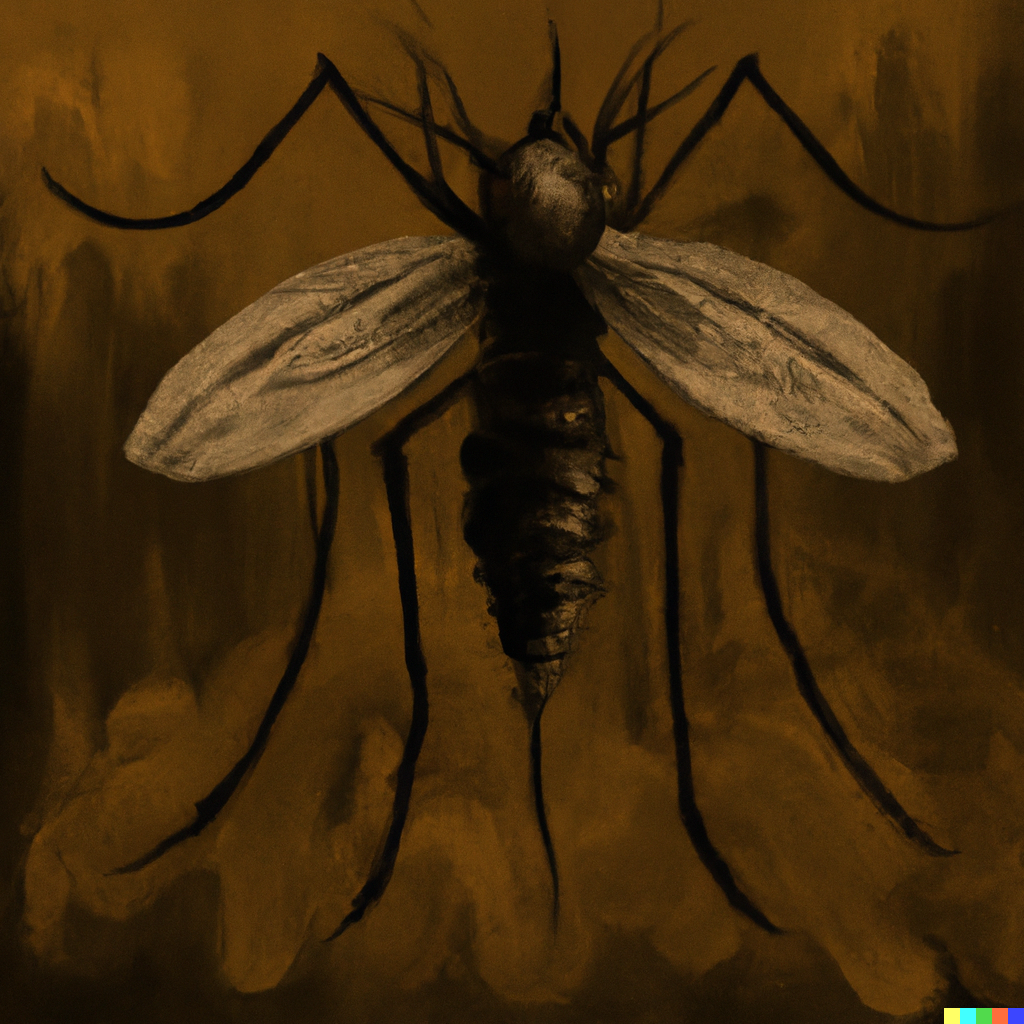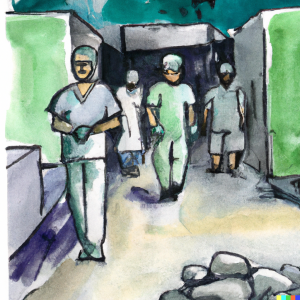
Malaria: The Ongoing Battle and the Hope of New Vaccines
Malaria, a mosquito-borne disease, continues to be a significant public health challenge, especially in Africa. With over 600,000 expected deaths this year, primarily among children under five, the urgency to combat this disease is palpable. Fortunately, recent advancements in vaccine development offer a glimmer of hope.
The Devastating Impact of Malaria
Malaria’s toll is staggering. As Michael Charles, CEO of the global RBM Partnership to End Malaria, points out, one child succumbs to the disease every minute. It remains one of the leading causes of child mortality. The recent article from Nature sheds light on the gravity of the situation and the efforts to combat it.
The Promise of New Vaccines
After decades of research, there’s a beacon of hope. The World Health Organization (WHO) recently endorsed a second malaria vaccine, R21. Developed by the University of Oxford and the Serum Institute of India, with technology from US biotech firm Novavax, R21 is a significant addition to the fight against malaria. This vaccine follows RTS,S (or Mosquirix), the world’s first malaria vaccine, which received WHO’s endorsement in 2021.
Both vaccines target the early stages of the Plasmodium parasite’s life cycle, which causes malaria. R21, in particular, has shown a 75% efficacy in phase III clinical trials conducted in countries with high malaria transmission rates.
Challenges Ahead
While these vaccines are a monumental step forward, challenges remain. Funding is a significant concern. Malaria programs are already facing a shortfall of around US$1.5 billion annually, expected to rise to $3.8 billion by 2026.
Moreover, there’s an urgent need to boost vaccine manufacturing capacity in Africa. Currently, the continent imports 99% of its vaccines, making it heavily dependent on other nations. The COVID-19 pandemic highlighted the vulnerabilities of this dependence.
The Way Forward
The recent developments in malaria vaccine research are undoubtedly promising. However, as Charles aptly puts it, “These are not just figures. They are lives.” A comprehensive funding and eradication plan is essential. This includes investments in vaccine manufacturing, clean water, sanitation, insecticide-treated bednets, and other preventive measures.
Only with a holistic approach can we truly leverage scientific advancements to reduce malaria’s death toll, especially among children.
Further Resources:
- World Health Organization: Malaria
- RBM Partnership to End Malaria
- Africa Centres for Disease Control and Prevention



